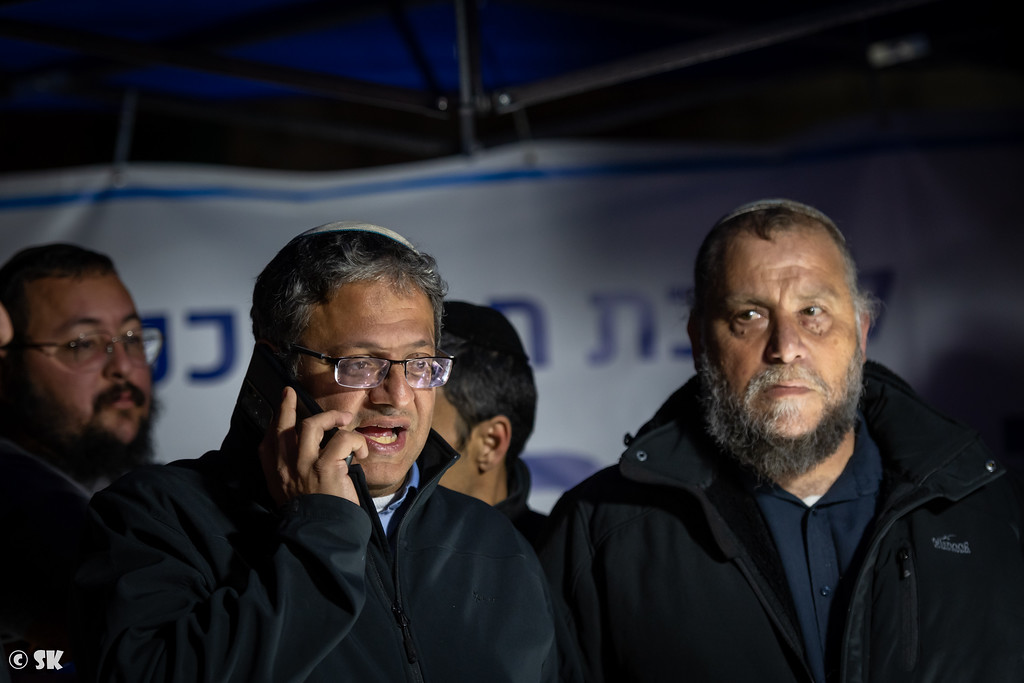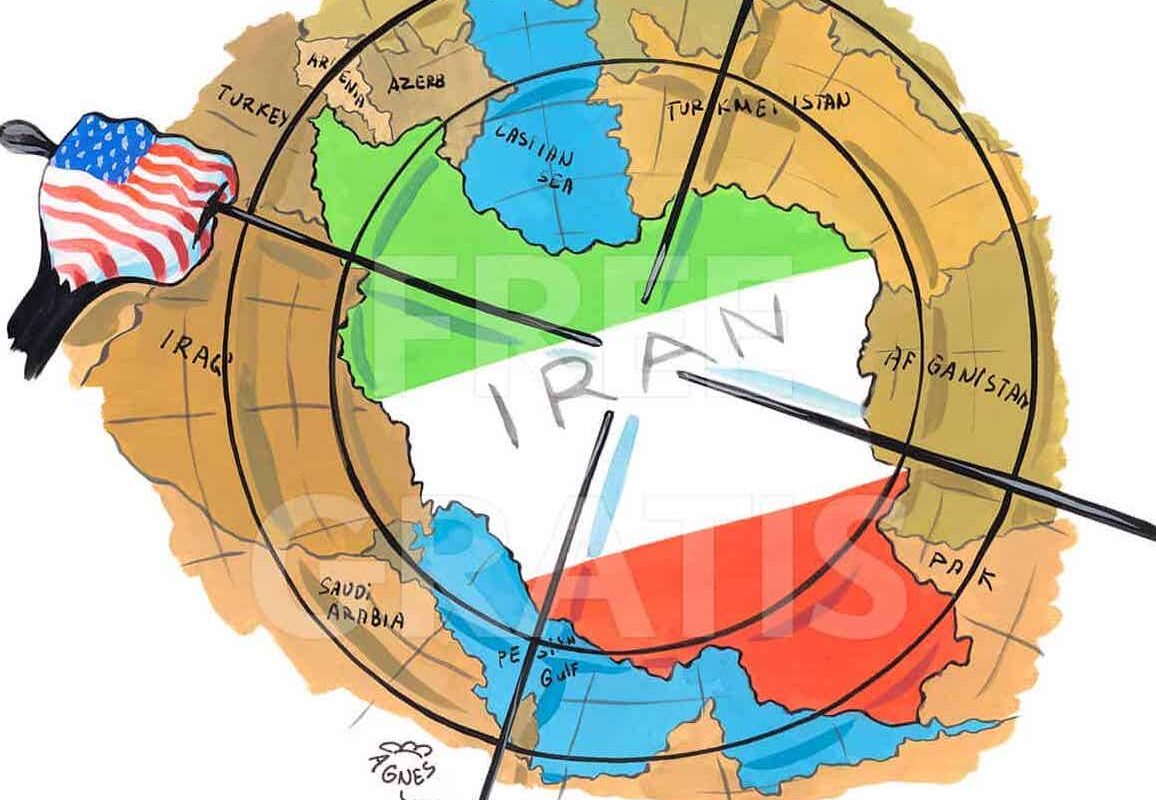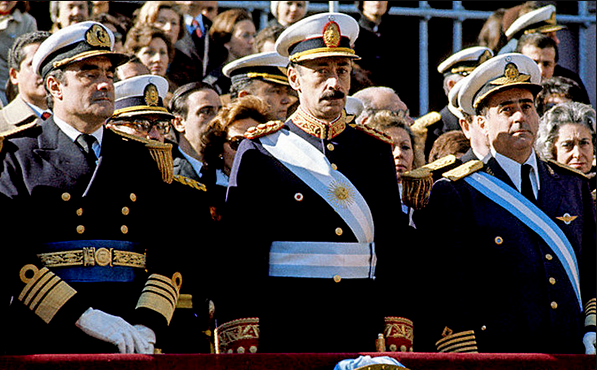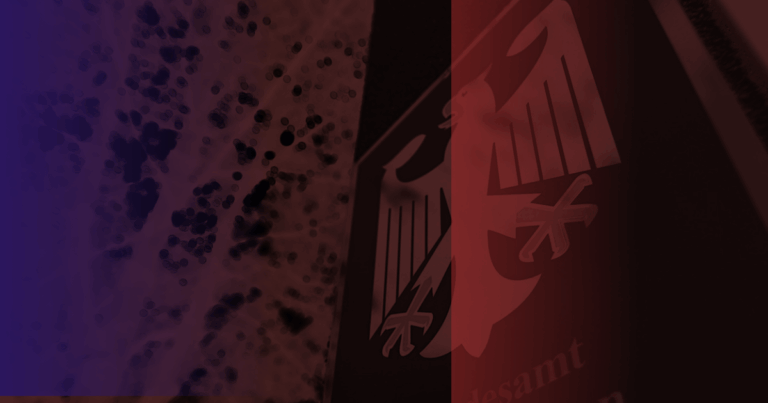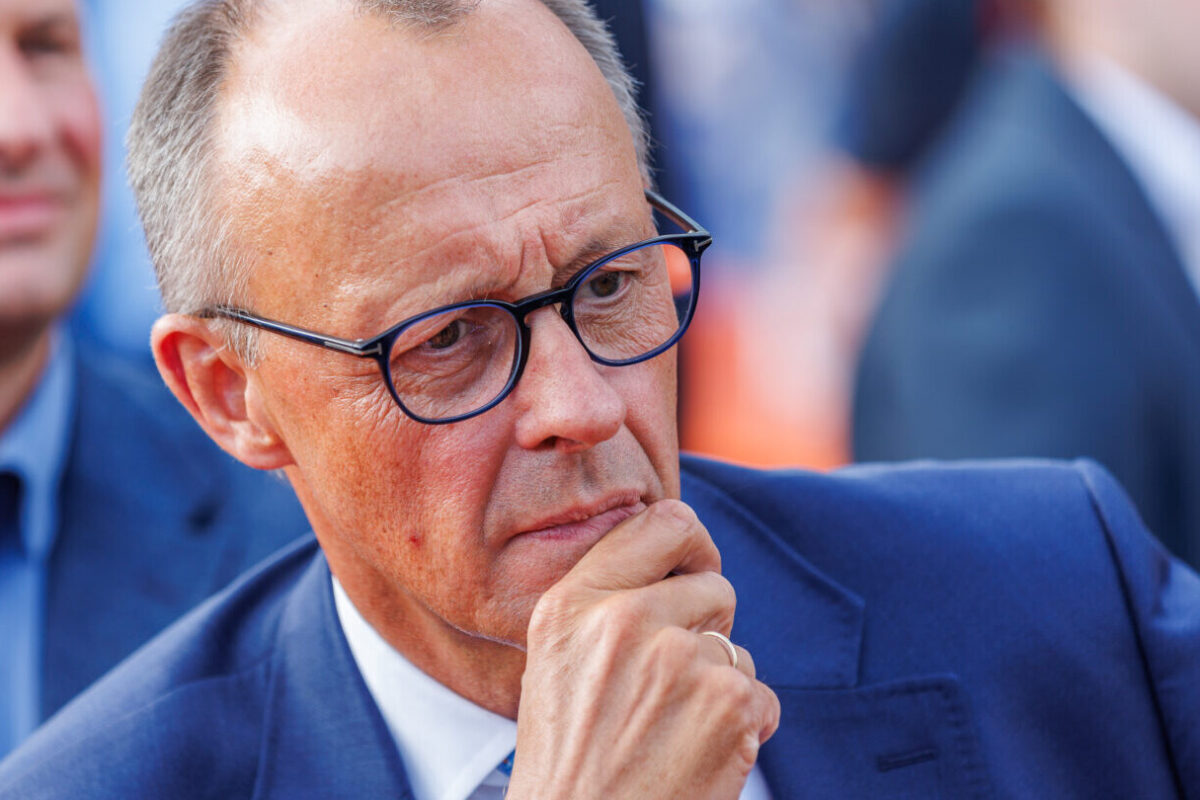Earlier this year, Israel saw an unprecedented amount of protestors taking to the streets to protest their own government. They compared the Netenyahu regime to biblical autocrats and chanted that they did not want fascism to prevail within their own society.
Netanyahu’s far right coalition was seeking to grant the government more control over judicial appointments as well as the power to overrule supreme court decisions. The Israeli people were in effect, protesting the overhaul of the judiciary or as they put it, the immediate threat to their “democratic” state.
The subsequent narrative within the liberal press was that this overhaul was a break with Israeli democratic values, and even western governments urged Netanyahu to preserve those values to protect the future of the Israeli people.
While some Israelis believe that religious fundamentalists and the far right coalition parties are belittling their state institutions and inching the country towards outright fascism, Palestinians are absent from the conversation.
The very high court that liberal Israelis are trying to preserve, has been the epicenter of Palestinian repression. The same court allows the confiscation of Palestinian land in the Occupied West Bank for Jewish settlers. The same court allowed the use of live fire against Palestinian protesters in Gaza in 2018 where 234 Palestinian were killed. The same court is willing to tolerate and even explicitly approve the use of torture against Palestinians. They also allow the unlawful and illegal detainment of Palestinian prisoners without charge and when they die, the same court allows the state to hold their bodies as political bargaining chips.
Hannah Arendt’s argument, that totalitarian regimes rely on an all encompassing ideology to justify their actions can perfectly be exemplified by how Israel weaponises antisemitism and depicts Zionism as a self liberating ideology…
So it is no surprise that Palestinians are not keen on helping “save” Israeli democracy. Understandably, the logical question that may follow is “won’t it just get worse for Palestinians if Israel is a fascist state?”
For us, Israel has been a fascist state since its inception. And its inception is plagued by the Palestinian catastrophe, known as the Nakba which we commemorated this month, that expelled three quarters of a million Palestinians from their homes and villages. The election of Netanyahu and the appointment of radicals like Itamar Ben Gvir and Bezalel Smotrich is only the natural behaviour of a violent settler-colonial state.
But let’s go even further, why not call Israel a totalitarian state? Hannah Arendt describes totalitarianism as a distinct form of social system chracterised by total control and domination over every aspect of an individual’s life. They seem to eradicate all forms of pluralism, dissent and individuality in the pursuit of their ideological objectives.
To me, that definition perfectly defines how Israel controls Palestinian movement by surveilling them continuously in places like Jerusalem and Hebron through AI technology, then deploying numerous checkpoints on their land to monitor their every move. The factors that make a state totalitarian, such as “the complete domination of a people” can be defined through Israel’s murder campaigns in Gaza and their complete control of the strip’s access to water and electricity.
I can draw another parallel. Hannah Arendt’s argument that totalitarian regimes rely on an all encompassing ideology to justify their actions can perfectly be exemplified by how Israel weaponises antisemitism and depicts Zionism as a self liberating ideology – even if it’s rooted in complete ethnic cleansing.
To Palestinians Israel is a fascist, totalitarian, let’s say even autocratic state, and we can debate the terms, semantics and theology for a while, but my point is actually that for Palestinians, it does not matter what you call Israel, because a common talking point that you will hear among Palestinians in Palestine or in the diaspora is that “we saw this coming.”
In fact, I’ll make it personal despite the typical German sentiment that tells us to keep emotions out of it. My family’s village of Jimzu in the Lydd district of ‘48 Palestine was ethniclly cleansed on July 9th 1948 under Operation Danny. Lt. Moshe Dayan, who then became Israel’s defence minister, gave the order to conquer all of Lydd and Ramle, and all of the villages that inhabited the region. Moshe Dayan’s intentions from the start was to depopulate Jimzu and the surrounding villages, “torching everything that can be burned.”
My great grandfather, Issa Al-Jamal, sneaked into his village after the military operation was over. He recalled that the remains of dead people were scattered all around the village, unburied. “It’s as if their bodies were dismembered by wild dogs,” my great grandfather said.
My great grandfather made it a point to remember Moshe Dayan’s words. And in fact, he read Theodore Herzl’s diary wherein he said that the “process of expropriation and the removal of the poor Arabs must be carried out discreetly and circumspectly.”
Herzl wrote this in 1895.
And we made it a point to remember how the Jewish National Fund went even further by destroying our homes then planting trees on top of our cemeteries. “It must be clear that there is no room in the country for both peoples … If the Arabs leave it, the country will become wide and spacious for us. The only solution is a Land of Israel … without Arabs” the director, Joseph Weitz said.
This country’s memory culture is embedded, not in self reflection and critique, but in attempting to absolve their sins to advance their national gains. Israel has determined that Germany will never again be anti-semitic as long as it is Zionist.
The call for genocide has always been said out loud, it has just been masked by a neoliberal facade because democracy and freedom was working for some. Palestinians have identical stories like my family’s. Our shared trauma and dispossession is all due to the success of Israel’s so called democracy. So why on earth would we fight to preserve it?
In fact, the seeming crisis within the Zionist movement itself is an important development. You have far right parties opposed to the even farther right parties. And eventually this crisis will collapse in on itself and will lead to its own destruction.
I understand my speech may be provocative and may not even answer the questions that this panel originally poses, but I wanted to give a Palestinian perspective about why this discussion and framing, in the end, does very little to change the terms for our liberation struggle which have always been about our fundamental right to return to our houses and villages.
We always believed Israel is not a democratic state, and can’t be a democratic state if it is built on the dispossession of the Palestinian people.
And unfortunately the only thing that does change is the escalation of death, imprisonment and violation of basic human rights in which Israel will carry out against the indigenous population. Because a self-proclaimed western state that no longer cares about its liberal facade and does very little to protect that facade will only aim to eradicate the existential threat indiscriminately.
As we saw just this month when Gaza was bombed, murdering 30 Palestinians, including women and children. It was only then that Israel’s Ben Gvir ended his boycott of the government. His far right party, Otzma Yehudit said “Following the adoption of our position and a transition from containment to attack and targeted assassinations of Islamic Jihad leaders, we will return to vote with the government. “
Ben Gvir said that it was “a good start.”
Fascist Zionists and right wing Zionists are currently leveraging the deaths of Palestinians as bargaining chips for their own internal crisis.
However, I understand there exists an Israeli left that does say that Palestine should be free as we’ve seen earlier this year. While for some this may look like a glimmer of hope that an Israeli populace might change from within, I urge you to not overestimate these occurrences.
Franz Fanon explains the grim reality that comes with decolonisation. He says:
“[decolonisation] sets out to change the order of the world, and is obviously a program of complete disorder. It cannot come as a result of magical practices, nor of a natural shock, nor of a friendly understanding. It is the meeting of two forces, opposed to each other by their very nature, which in fact owe their originality to that sort of substantification which results from and is nourished by the situation in the colonies. Their first encounter was marked by violence and their existence together—that is to say the exploitation of the native by the settler—was carried on by dint of a great array of bayonets and cannons.”
I want to believe that everyone, even Fanon himself, wanted his analysis to be wrong. But as history has explained to us over and over again, the only people that can liberate themselves from violent settler colonisation, is the colonised themselves. The Palestinians that resist do not do so because they crave death, contrary to popular belief, it is because they crave life.
I understand that the essence of this talk was looking outwards to Palestine and Israel and the current phenomenon that is transpiring. But I hope to speak about another issue that impacts us all here in Germany which I wanted to briefly touch upon through my role as a journalist.
Right here in Berlin last weekend we saw an incredible amount of repression by the police, who violently attacked protestors who were commemorating the 75th anniversary of the Nakba. They arrested Jewish anti-Zionists and Palestinians alike.
They are the extended hand of the fascist, totalitarian, colonial state of Israel as they are doing their bidding, suppressing Palestinians whether it is censoring them, slandering their names with false allegations, refusing to give them access to public funding and space or by signing a resolution that specifically calls their nonviolent form of resistance anti-semitic – for Palestinians the Nakba in Germany is alive and well.
This country’s memory culture is embedded, not in self reflection and critique, but in attempting to absolve their sins to advance their national gains. Israel has determined that Germany will never again be anti-semitic as long as it is Zionist. Instead, Germany claims that a new wave of anti-semitism has infiltrated its country – an imported form of anti-semitism that stems from the migration of Arab and Muslims.
They have turned phrases such as the powerful chant that Palestine will be free, from the river to the sea, as a call for murder. Israel has given them a book of their propaganda in which to abide by and have obscured even our calls of freedom from oppression, occupation and apartheid.
Germany has even changed school textbooks to ensure that their children understand Israel is not to be criticised.
The reality of the situation whether in Palestine or in Germany forces us to wake up to the intricacies of settler colonialism that always had a Western and European backer.
But I would urge my allies to not despair. All efforts of decolonisation sees an escalation of state violence and repression. The more repressive policies are adopted , the more they attempt to erase our existence. The more our identities become a nuisance to Germany, and Israel’s imperial project, the closer we actually are to eventual liberation – from the river to the sea.
This is the text of a speech given by Hebh in a meeting at the Marxismuss conference in Berlin with Rob Ferguson. Rob’s speech is available here.
